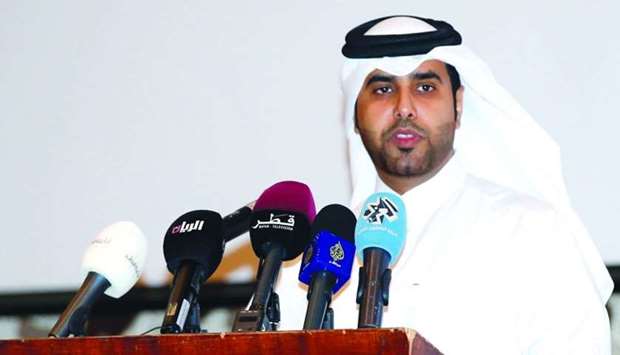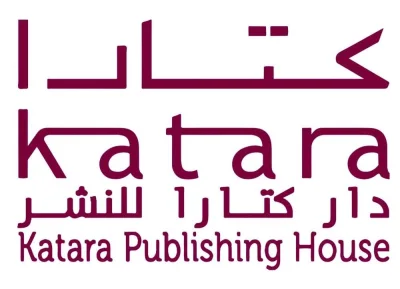The Doha Centre for Media Freedom (DCMF) has stressed the need for ending crimes and atrocities against journalists and also to promote freedom of expression among people across the region.
The demand came at a conference hosted by the DCMF on Thursday to mark `the International Day to End Impunity for Crimes Against Journalists'. The United Nations General Assembly observes November 2 as the day to end impunity for crimes against journalists.
The meeting asked the region's authorities to ensure that the public has the right to receive information and share it for the good of the society. The participants deliberated on the advantages the society has got from the freedom of press and human rights.
The delegates reiterated their demand to find an effective integration of the UN decisions and international conventions on the safety of journalists, promotion of their activities and necessity of accelerating pressure on various issues for the good of the society.
The speakers condemned the killing of Saudi Arabian journalist Jamal Khashoggi for expressing his free opinions. They also called upon world bodies to act together to address such violations.
While introducing the day's topic, DCMF's administration and finance manager Hamad Salem al-Marri said the whole world has deep concern as prosecution has failed on several occasions to expose the crimes inflicted on journalists.
"Bearing in mind such incidents, we, at the DCMF, are highlighting the role of UN legal frameworks and conventions in protecting journalists," said al-Marri and urged the authorities to introduce training programmes for journalists to make them aware of the worrisome conditions in danger zones.
The DCMF official also called for promoting the role of journalism institutions, strengthening dialogue and co-ordination with partners, law enforcement and justice.
Al-Marri said training journalists in different areas and situations is one of the main features of the centre, which he said was one of the first organisations that initiated training for media.
"We have trained journalists from Syria in Turkey, Jordan and Pakistan. Our centre also organised courses for the journalists from Somalia in Mogadishu in co-operation with some organisations in Somalia."
The DCMF official lauded the efforts of Unesco and its partners who he said had devoted their efforts to create new ways of dealing with violence and crimes against journalists. Al-Marri called on these entities to put pressure on organisations and governments to strengthen their legal weapons and activate judiciary to protect journalists doing their job.
He reiterated the necessity of the UN and its related bodies to appoint a special rapporteur to monitor the crimes against journalists around the world, and also for promoting space of public freedom and freedom of expression. He further called upon the member states of the UN General Assembly to expedite the necessary procedures for this.
Al-Marri also complimented Qatar for joining the International Covenant on Civil and Political Rights and the International Covenant on Economic, Social and Cultural Rights. He also recognised the country's decision to approve the establishment of a media free zone and for approving a law to regulate the activities of the media, particularly the publications.
"These initiatives represent a new phase in the journey to enhance human rights and freedom of speech in Qatar."
The day-long conference was attended by Qatari government officials and representatives of NGOs.
Before the start of the proceedings, the gathering remembered hundreds of journalists around the world who had to sacrifice their lives while doing their jobs, especially in conflict zones.



